In conversation with Holly Anne Hills, British vet and previous DAR volunteer
Due to Covid, DAR’s extremely vital sterilisation program was on hold for most of the past year. Luckily, it will be ramping up again this month. With this in mind, I caught up with Holly, who volunteered her veterinary skills with DAR in 2020. We talked about her experiences there, and why sterilisation is the cure, rather than the band aid that is dog rescue.
Tell us a little bit about yourself and how you came into contact with Dharamsala Animal Rescue.
When I qualified as a vet in the UK, I spent the first two years of my career working with livestock. I realised cows were not my calling, and decided to follow my passion for dogs instead. I first came into contact with DAR around this time, as I was searching for volunteering opportunities in India. I’d always wanted to volunteer abroad, and use my skills somewhere they are needed to help make a difference.
“I was drawn in by the amazing positivity that shone through in the posts from previous volunteers.”
I’m very passionate about working with pets, but also raising awareness of the issues facing less fortunate dogs abroad. I came across the charity in a volunteering Facebook group and was drawn in by the amazing positivity that shone through in the posts from previous volunteers. So I got in touch and in January 2020 I spent 3 fabulous weeks at DAR.
What was your experience like volunteering in India?
Volunteering in India was a pivotal moment in my career, but also had a huge impact on a personal level. It was there that I finally felt the sense of purpose and reward that I had been missing, and it reminded me why I became a vet in the first place. I think it’s so easy to get lost in the rat race and lose touch with yourself, and traveling gives us that freedom to step back and reconnect.
As a vet, I learnt so much while I was volunteering. With the assistance of the amazing team at DAR, my surgical skills really improved and my general clinical knowledge too. I learnt things that still help me every day.
I also learnt the importance of using your basic skills. In India you don’t have flashy clinics or high tech equipment — the facilities are very basic. That’s really challenging at first, but you adapt quickly. It made me really appreciate how lucky we are at home, and that you don’t always need lots of kit to help you find the diagnosis. Also when you’re making treatment plans for the dogs, you don’t have that many options, so you get really good at prioritising.
“Being a part of a team who care so much for every single dog, and do everything they can to help them was such a privilege”
Volunteering in India can be really emotionally challenging too —I saw dogs in some really terrible conditions, and in much more advanced stages of disease than I’m used to at home. I certainly shed a few tears, but also felt so angry at how this can happen. Being a part of a team who care so much for every single dog, and do everything they can to help them was such a privilege. The staff at DAR are so dedicated to their work, it was incredibly inspiring. I love being a vet because I love animals and I want to help make a difference to their lives, and that’s why volunteering in India didn’t really feel like work to me. It’s a passion and I loved every minute of it.
From your perspective, what are some solutions to the stray dog issues in India?
From my perspective as a vet, the most effective, sustainable and humane solution is through neutering and vaccination programmes across the country. It’s thought that the public actually view sterilised and vaccinated dogs more favourably, as they are presumed to be safer and healthier. So this really helps to break down those stigmas associated with the dogs and maybe make the public more likely to care for and interact with them.
Vaccinating a minimum of 70% of dogs in an area is known to significantly reduce the spread of rabies between animals and from animals to people, which really tells us that vaccination is key to controlling this disease. In regions where this has been achieved and with longstanding vaccination programmes, the number of rabies cases in humans has fallen massively.
“The most effective, sustainable and humane solution is through neutering and vaccination programmes across the country”
Neutering is the other side of this, as it controls the population of dogs living on India’s streets, reducing the strain on resources and competition for food and territory. Less dogs also means the populations that exist will become manageable – there will be fewer strays on the streets and fewer dogs suffering.
But then alongside this, education is arguably the most important thing and encourages local people to take responsibility for the dogs that share their spaces and ultimately leads to fewer welfare problems. Helping people understand how rabies is spread, how to spot a dog with rabies and how to get help really can save lives. I think when you run a neutering/vaccination programme it’s so important to have the local community on your side and to involve them in the work – creating an awareness of what you are doing and why.
Talk to us more about sterilisation and why it is so important
Sterilisation is when we surgically remove a dogs reproductive organs to stop them from breeding. It’s a really important part of managing street dog populations because it not only stabilises and reduces the number of dogs living on the streets, but also improves the health of the dogs.
Animals that have been sterilised live longer, happier lives than those that haven’t. They are less likely to develop problems associated with breeding, so that means less TVT’s and reproductive cancers. They are less likely to roam and fight with others, and are less protective of their pups, their food and their territory.
“Sterilisation is a really important part of managing street dog populations because it not only stabilises and reduces the number of dogs living on the streets, but also improves the health of the dogs.”
Unsterilised females spend the majority of their lives either pregnant or rearing their pups, which is not just a strain on their bodies, but food resources are limited. Most pups in India won’t reach their first birthday due to infectious diseases such as parvovirus and distemper, road traffic accidents or starvation. By reducing populations of street dogs, there will be less animals suffering and requiring veterinary care, so it’s absolutely essential to sterilise as many dogs as possible.
To be continued…
Get our best articles straight to your inbox.
Subscribe to The DARling below:
About the author
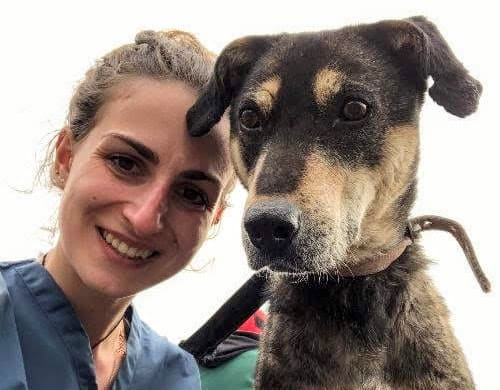
Holly Anne Hills is a veterinarian who was feeling lost and dissatisfied. So, she decided to go to India and volunteer to see if she could rediscover why she chose her career path. After her first stop at Dharamsala Animal Rescue, her love and motivation for being a vet had been reignited.
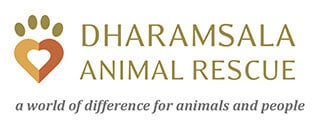
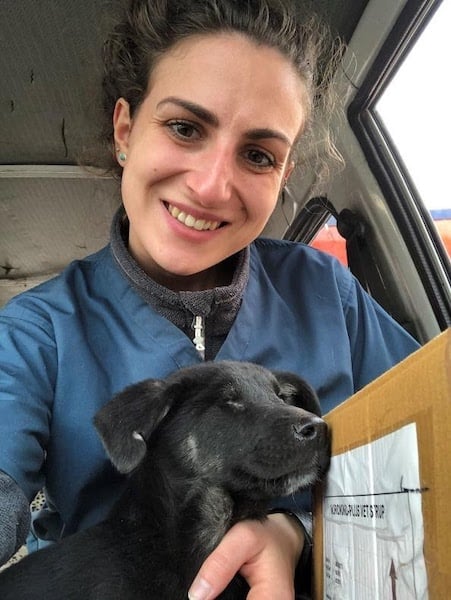
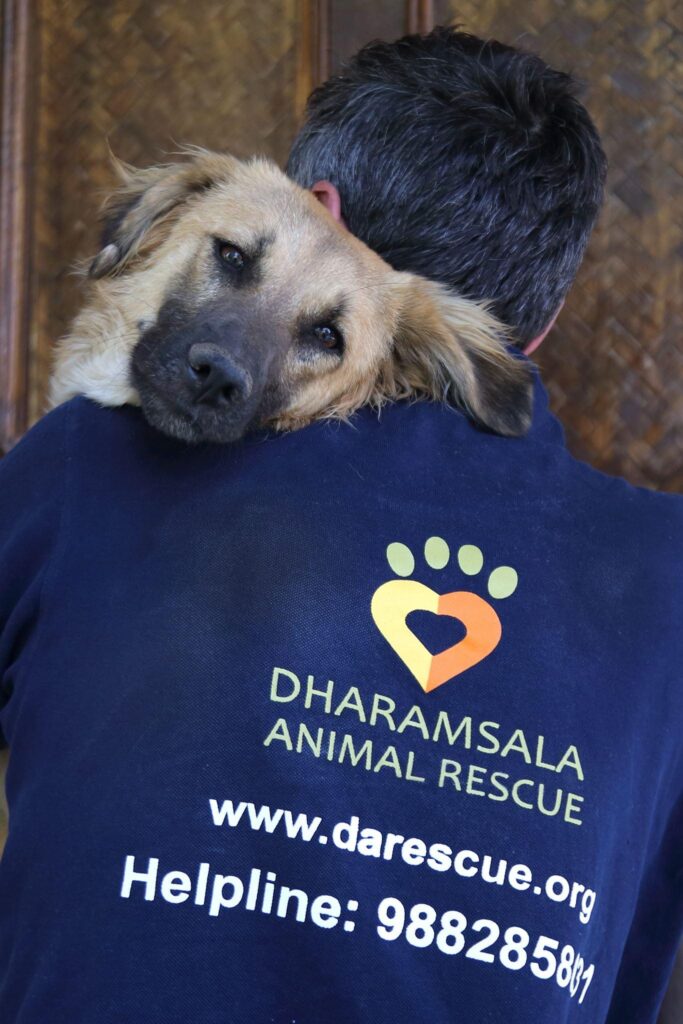
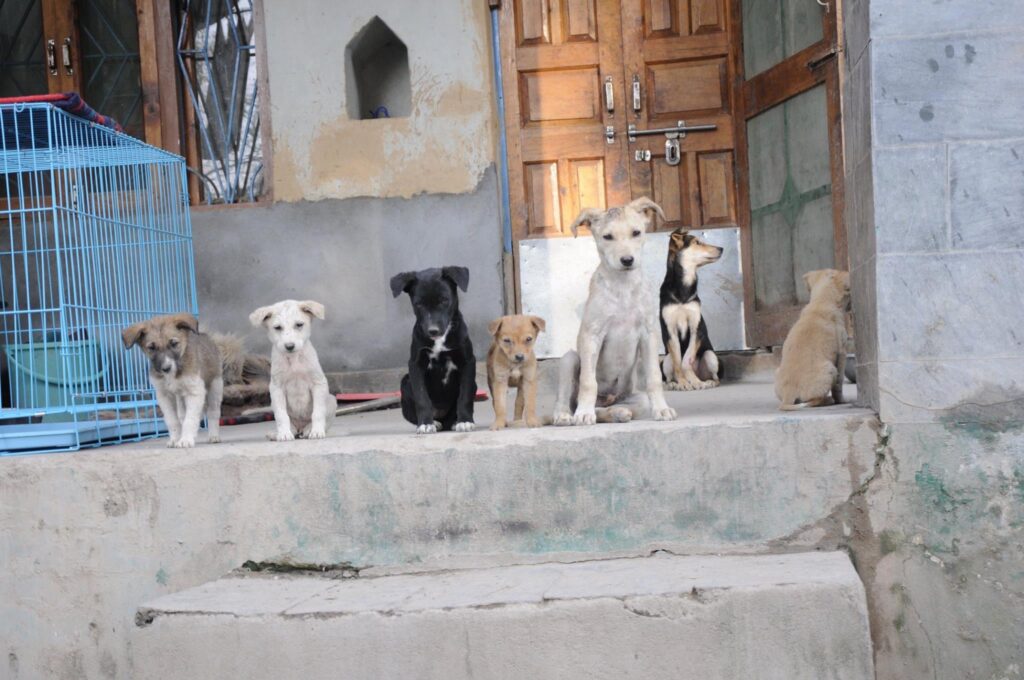
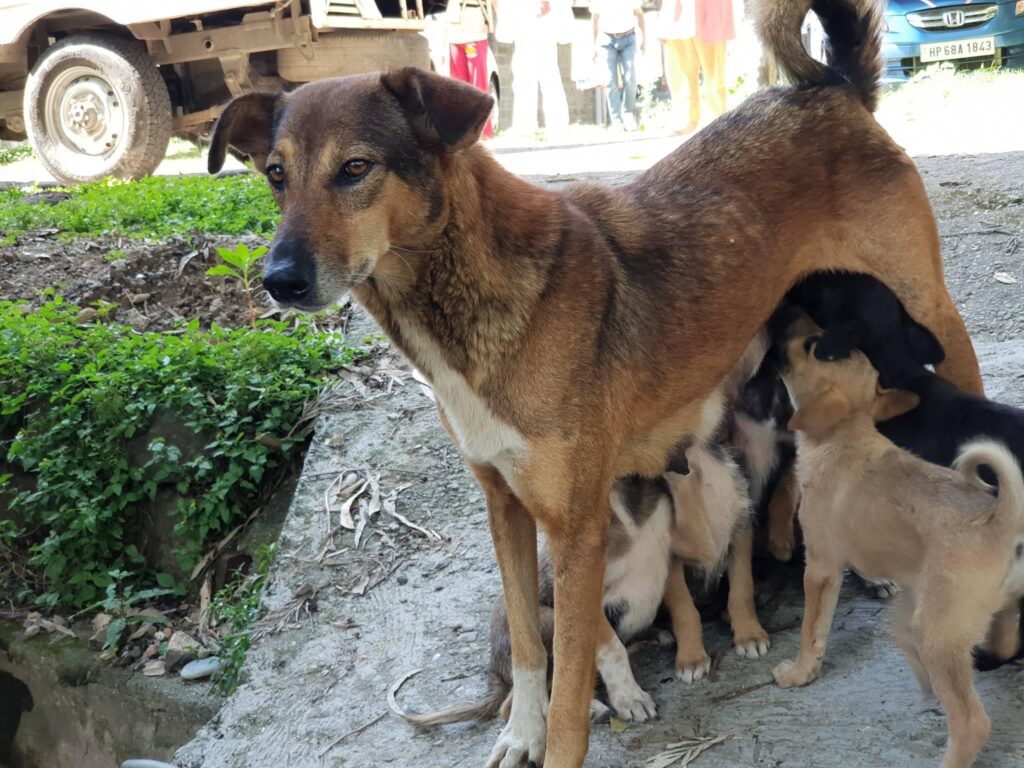
Hats off to you Holly and Djaramsala animal rescue!! I wish everyone worldwide understood the importance of sterilization!! Keep up the great work.